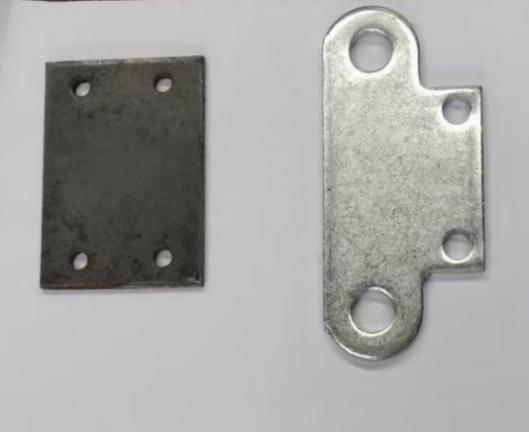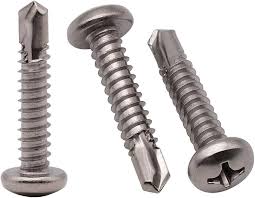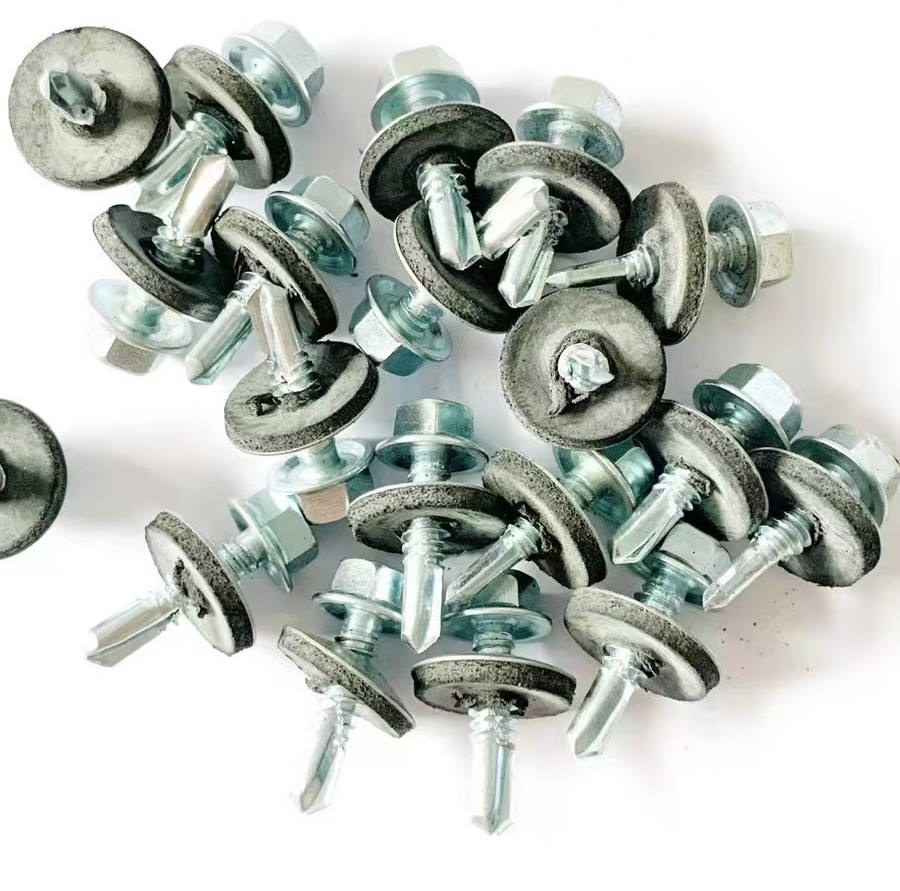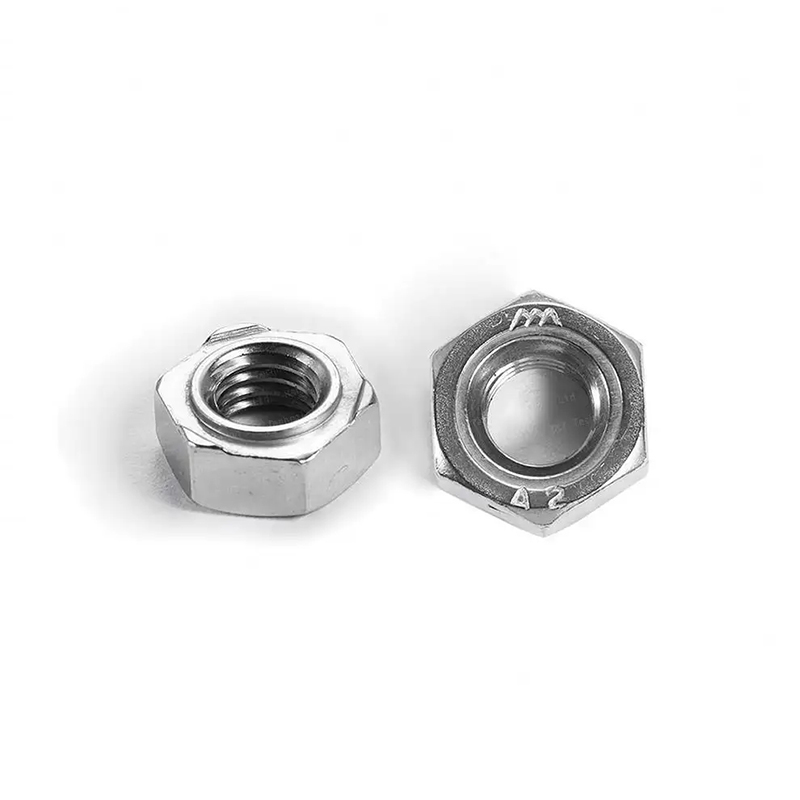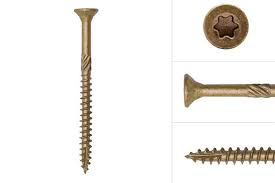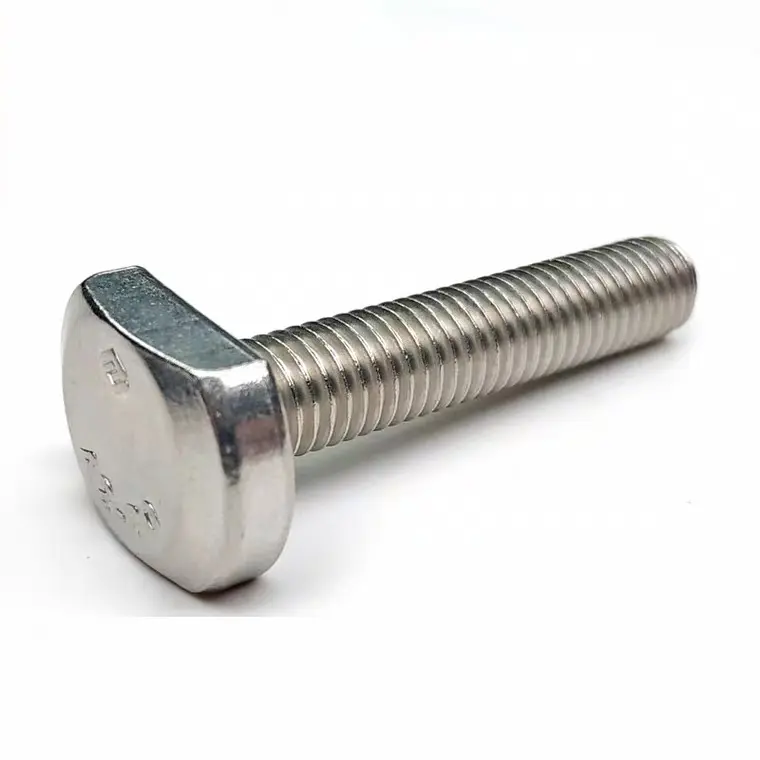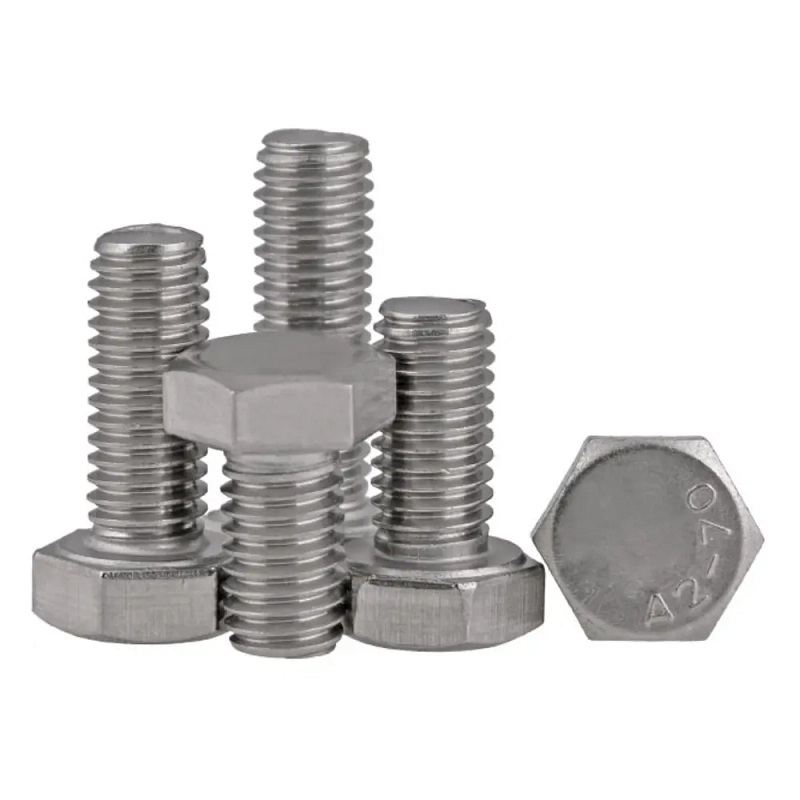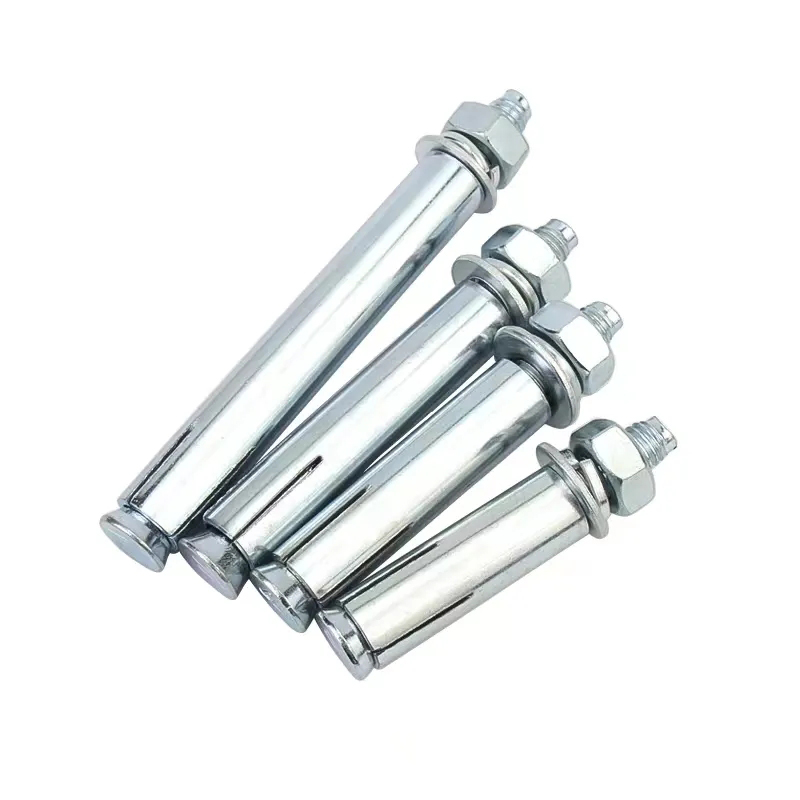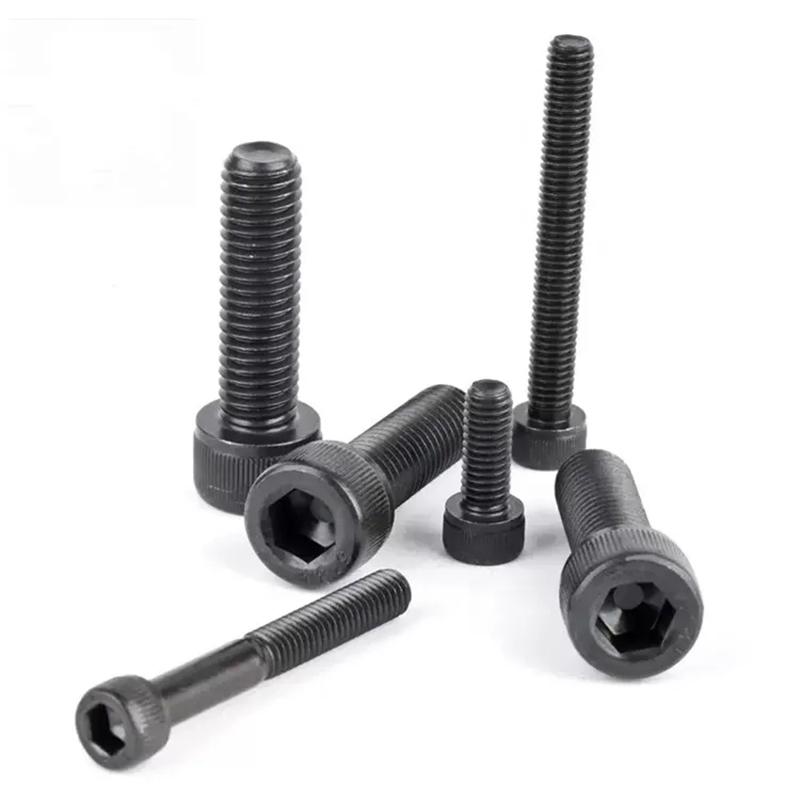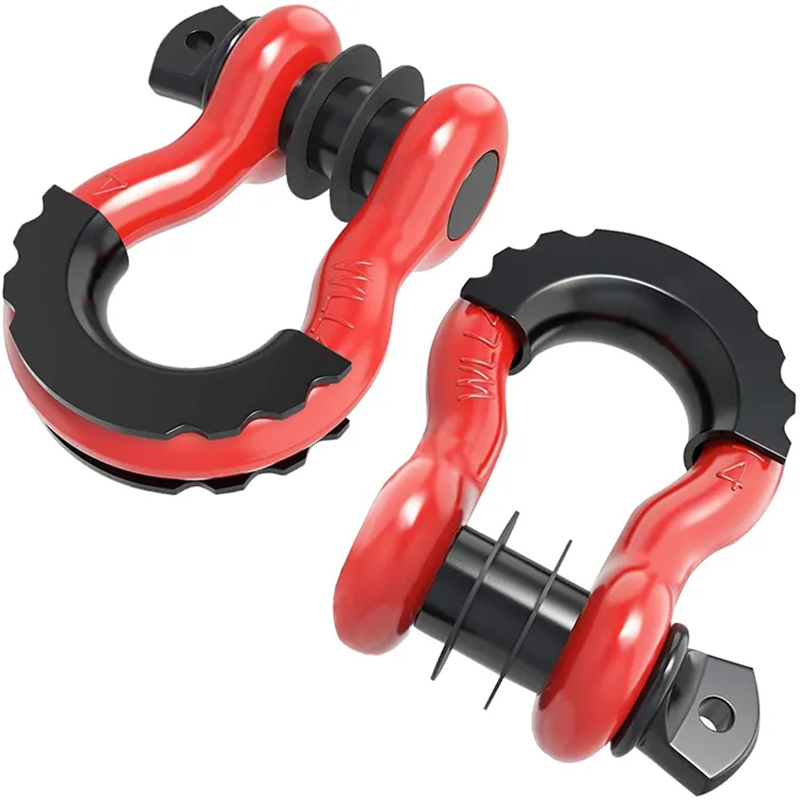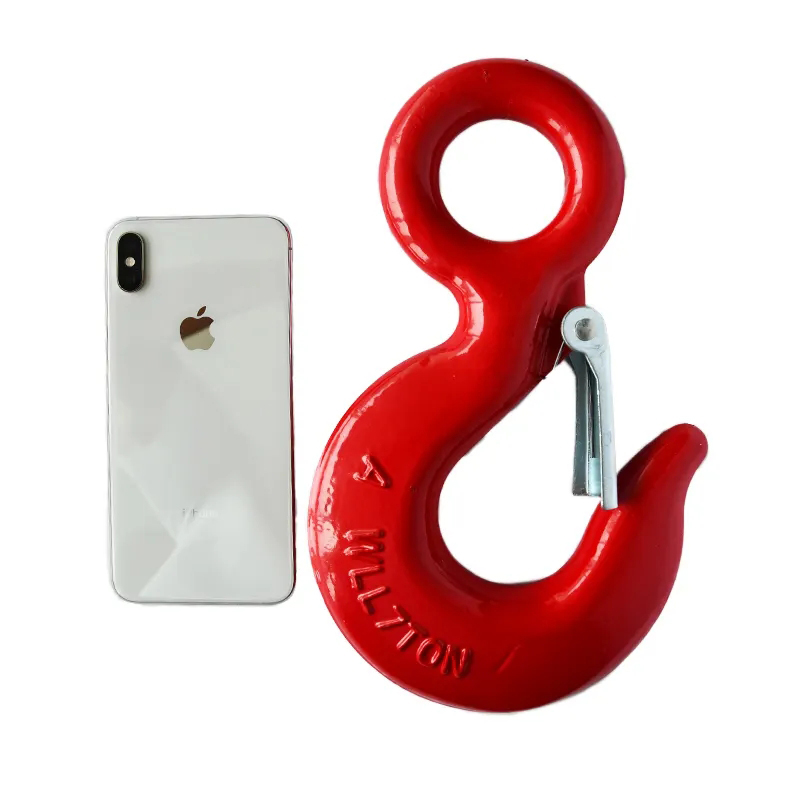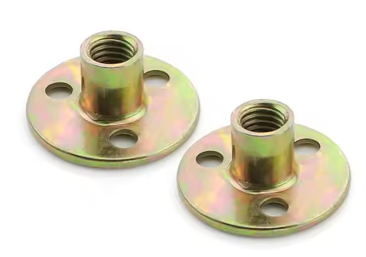

Buy Locknuts: A Comprehensive Guide to Choosing the Right OneThis guide provides a comprehensive overview of locknuts, helping you select the perfect buy locknut option for your specific needs. We'll cover various types, materials, applications, and factors to consider when making your purchase.
A locknut is a type of nut designed to prevent loosening under vibration or stress. Unlike standard nuts, locknuts incorporate mechanisms to resist vibration and maintain a secure connection. Choosing the right locknut is crucial for ensuring the safety and reliability of your project, whether it's a simple home repair or a complex industrial application. The selection depends heavily on the application, the level of vibration and stress anticipated, and the materials involved.
Several types of locknuts are available, each designed for specific applications. Let's explore some of the most common:
Nylon insert locknuts are a cost-effective and widely used option. They feature a nylon insert that grips the bolt threads, preventing loosening due to vibration. These are ideal for general-purpose applications where moderate vibration is expected. They are easy to install and reuse.
All-metal locknuts utilize various mechanisms to achieve secure fastening without relying on inserts. These include designs with internal serrations, teeth, or other features that grip the bolt, ensuring a tight and secure connection. They offer superior strength and resistance to higher temperatures compared to nylon insert types. Specific examples include prevailing torque locknuts and wedge locknuts.
Flanged locknuts feature a wider flange that provides a larger bearing surface, distributing the clamping force more evenly and preventing the nut from turning. This design offers additional stability and is often used in applications where high torque is required.
Castle nuts feature slots that allow for the use of a cotter pin, providing an additional layer of security. This makes them particularly suitable for applications requiring high reliability and where safety is paramount. Cotter pins are vital in preventing the nut from turning, particularly under constant vibration.
| Factor | Considerations |
|---|---|
| Material | Steel, stainless steel, brass, or nylon are common choices. Consider corrosion resistance, strength, and temperature requirements. |
| Thread Size | Ensure the locknut thread size matches the bolt's thread size for a proper fit. |
| Vibration Resistance | Select a locknut with sufficient vibration resistance based on the application's expected vibration levels. |
| Torque Requirements | Consider the required torque for the application and choose a locknut that can withstand it without damage. |
| Application | The intended use will influence the type of locknut needed, such as automotive, industrial, or construction applications. |
For high-quality locknuts and other fasteners, consider exploring options from reputable suppliers. One such supplier is Hebei Dewell Metal Products Co., LTD (https://www.deweLLfastener.com/), known for their wide selection and commitment to quality.
Numerous online and physical retailers sell locknuts. When purchasing, ensure you are buying from a reputable supplier to guarantee quality and meet your specific needs. Always verify the thread size, material, and other specifications before placing your order.
Remember to always prioritize safety when working with fasteners. If you are unsure about the correct locknut for your project, consult with a qualified professional.

